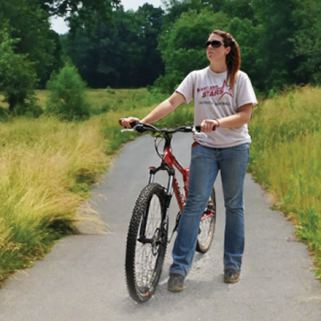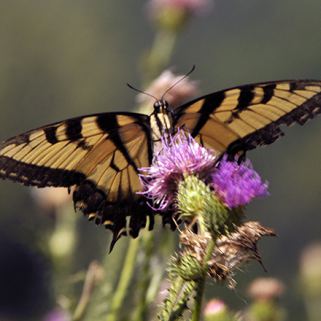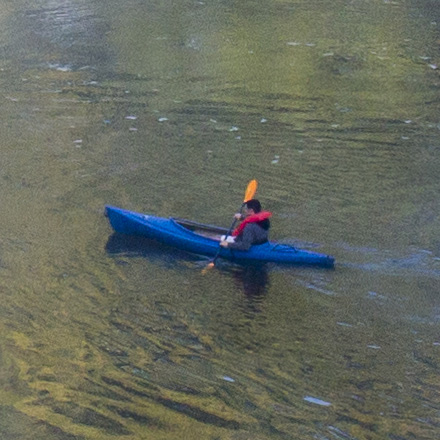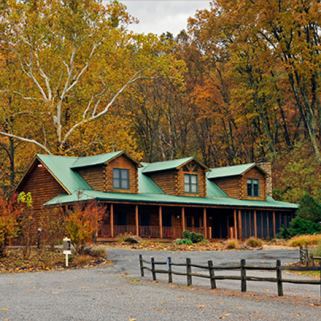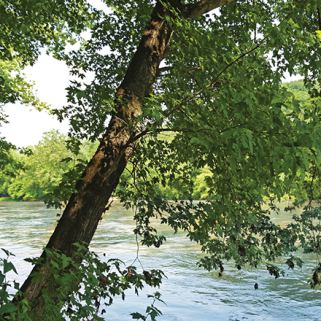
Visitor Information
Battlefield Preservation Effort Provides Access to Historic Site
On the brisk morning of April 23, 2013, Shenandoah University embarked on its newest venture — the preservation and protection of land along the Shenandoah River integral to the July 18, 1864, Battle of Cool Spring. These 195 acres of land, now known as the Shenandoah River Campus at Cool Spring Battlefield, were acquired by the Civil War Trust in 2012. Under the stewardship of the university, the land will now transition from a former golf course into an outdoor classroom for the university community and general public.

“For years we’ve been saying that Shenandoah is a magical name,” said President Tracy Fitzsimmons, Ph.D. “It’s a word that’s known across the country, and when people hear Shenandoah, we want them to think — river, valley, university. So it’s really quite perfect now to have, ‘Shenandoah on the Shenandoah.’”
The property will provide a wide range of educational opportunities, and co-curricular programs will be developed and implemented by the university’s Division of Student Life. This programming is fundamental for enhancing a connection to the region, while promoting environmental stewardship and the enjoyment of nature.
“It’s important, to me, as a space for folks to come and just take a walk, take pictures or ride their bikes,” said Cool Spring Site Manager Gene Lewis. “We have the river here, some streams, a couple of ponds; and there’s a lot of wildlife. The conservation easement, a legal way to protect this land, will ensure that it is here to stay; and people will have somewhere like this to come and enjoy whatever it is they want — relaxation, nature, a little bit of peace and quiet.”
This living laboratory will enrich university students’ lives and learning, and it will afford local schools and the public at large with opportunities to explore the region through historical and natural interpretation.
“If these properties are not preserved now, they will be lost forever,” said Professor of History Warren Hofstra, Ph.D. “Future generations will be unable to appreciate what we now so abundantly enjoy and learn from in the natural and historical environment.”

